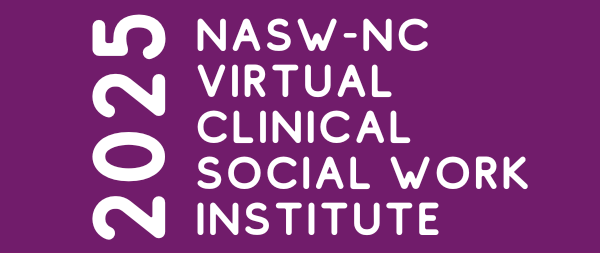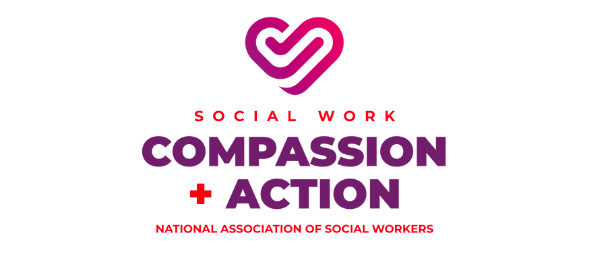
May 13, 2025 - Session Agenda
8:30am - 10:00am ET - Concurrent Sessions
8:30 am EDT
T1: Caring for Communities, Caring for Ourselves: Disaster Response in Social Work with a Self-Care Perspective
Overview
Speaker(s)
Nina Spinelli, MPA
8:30 am EDT
T2: Transitioning From the Military: How to Create Healthy Change
Overview
Speaker(s)
Rachel Foster PhD, LCSW
8:30 am EDT
T3: Relational Psychotherapy and why we should risk the connection!
Overview
Speaker(s)
Antoinette Souffrant, LCSW
10:30am - 12:00pm ET - Concurrent Sessions
10:30 am EDT
T4: Supporting the Responder: Considerations for Working with those on the Front Lines of Crisis Response
Overview
Speaker(s)
Adam Milano, LCSW, DSW, EdM, MSSW,
10:30 am EDT
T5: Ancestral Healing: A Path to Well-being for Black Women
Overview
Speaker(s)
Ieisha Beasley DSW, LCSW-S,
Brittany Reed, DSW, LMFT-S,
10:30 am EDT
T6: Safety Planning for Children and Adolescents with Problematic Sexual Behaviors
Overview
Speaker(s)
Elisa Ford, LCSW,
Rachel Maid, MSW, LCSW,
12:00pm - 1:00pm ET - Lunch Break with Exhibitors
{{time_am_pm}}} EDT
2025 CSWI Live Virtual Exhibit Hall - Lunch with Exhibitors (Day 2)
Overview
Please join us to speak LIVE with the sponsors and exhibitors of the 2025 NASW-NC Virtual CSWI Spring Conference during lunch.
1:00pm - 2:30pm ET - Concurrent Sessions
1:00 pm EDT
T7: We Are All on the Same Team: Collaboration for Communities in Crisis
Overview
Speaker(s)
Jill Williams, LCSW,
1:00 pm EDT
T8: ACES and Homelessness: How Trauma and Treatment Disparities Impact Chronic Homelessness
Overview
Speaker(s)
Dimica Lawrence, LCSW,
1:00 pm EDT
T9: Evidence-based Tobacco Treatment: How to Assess and Provide Optimal Support
Overview
Speaker(s)
Julie Hartzell, LCSW, NCTTP,
Susan Trout, LCSW, MSPH, NCTTP,
3:00pm - 5:00pm ET - Keynote Presentation
3:00 pm EDT
KN2: Ethics & Boundaries: Practicing Self-Care in An Era of Moral Distress
Overview
Speaker(s)
Sheng Lee Yang, MSW, LCSW,
Overall Conference Evaluation/CE Transcript Access
Thank you for attending the 2025 NASW-NC Virtual Clinical Social Work Institute. Click the button below to complete the final conference overall evaluation and print your CE transcript. Recorded Sessions will be posted for viewing on Monday, May 19th and available until June 20, 2025. After June 20, 2025 access to the recorded sessions AND certificates will no longer be available.
| Access Date | Quiz Result | Score | Actions |
|---|
Hello!
Need Technical Support?
Please login with the email you used to register and the password: Clinical2025
Need further support, please read our visit our FAQs page.
Conference Overall Evaluation/CE Transcript Access
Thank you for attending the 2025 NASW-NC Virtual Clinical Social Work Institute. Click the button below to complete the final conference overall evaluation and print your CE transcript. Recorded Sessions will be posted for viewing on Monday, May 19th and available until June 20, 2025. After June 20, 2025 access to the recorded sessions AND certificates will no longer be available.

